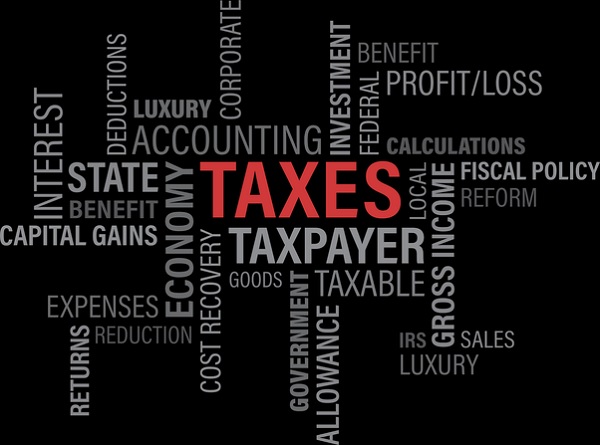
A country's budget, often referred to as a national budget or government budget, is a financial plan that outlines the government's revenues (income) and expenditures (spending) for a specific period, typically on an annual basis. The primary purposes of a country's budget are to:
Allocate resources:
The budget determines how the government will allocate its financial resources to various programs, projects, and public services. It sets priorities for government spending in different sectors, such as healthcare, education, defense, infrastructure, and social welfare.
Ensure fiscal responsibility:
A well-prepared budget helps ensure that a government does not spend more money than it collects in revenue, thus promoting fiscal responsibility and preventing deficits. If a budget results in a deficit (expenditures exceed revenues), the government may need to borrow money or make adjustments to balance the budget.
Plan for the future:
The budget is a forward-looking document that outlines the government's financial plans for the upcoming fiscal year. It reflects the government's policy goals and objectives.
Accountability and transparency:
The budget is an important tool for accountability and transparency in government finances. It allows citizens to understand how their tax dollars are being used and hold the government accountable for its spending decisions.
The budgeting process typically involves several steps, including revenue estimation, expenditure planning, approval by the legislative body (such as a parliament or congress), and implementation. The budget is usually presented as a detailed document, breaking down expenditures by department or program and specifying the sources of revenue, such as taxes, fees, and other sources of income.
Governments may have different types of budgets, including operating budgets (for day-to-day government operations), capital budgets (for long-term infrastructure and investment projects), and special-purpose budgets (for specific programs or initiatives). The budget can also include measures to stimulate economic growth, manage inflation, and address social and economic priorities.
In summary, a country's budget is a financial plan that serves as a blueprint for the government's income and spending, helping to allocate resources, maintain fiscal discipline, and achieve policy goals.